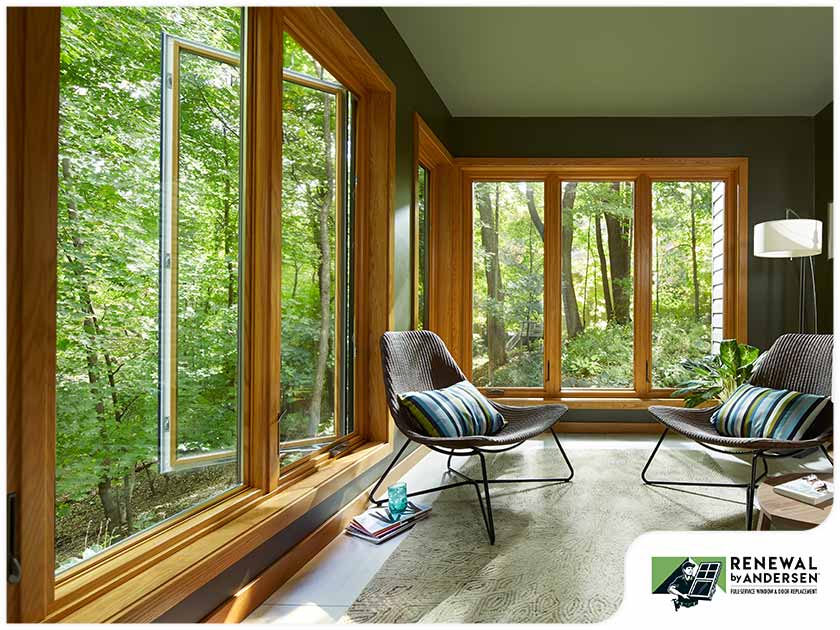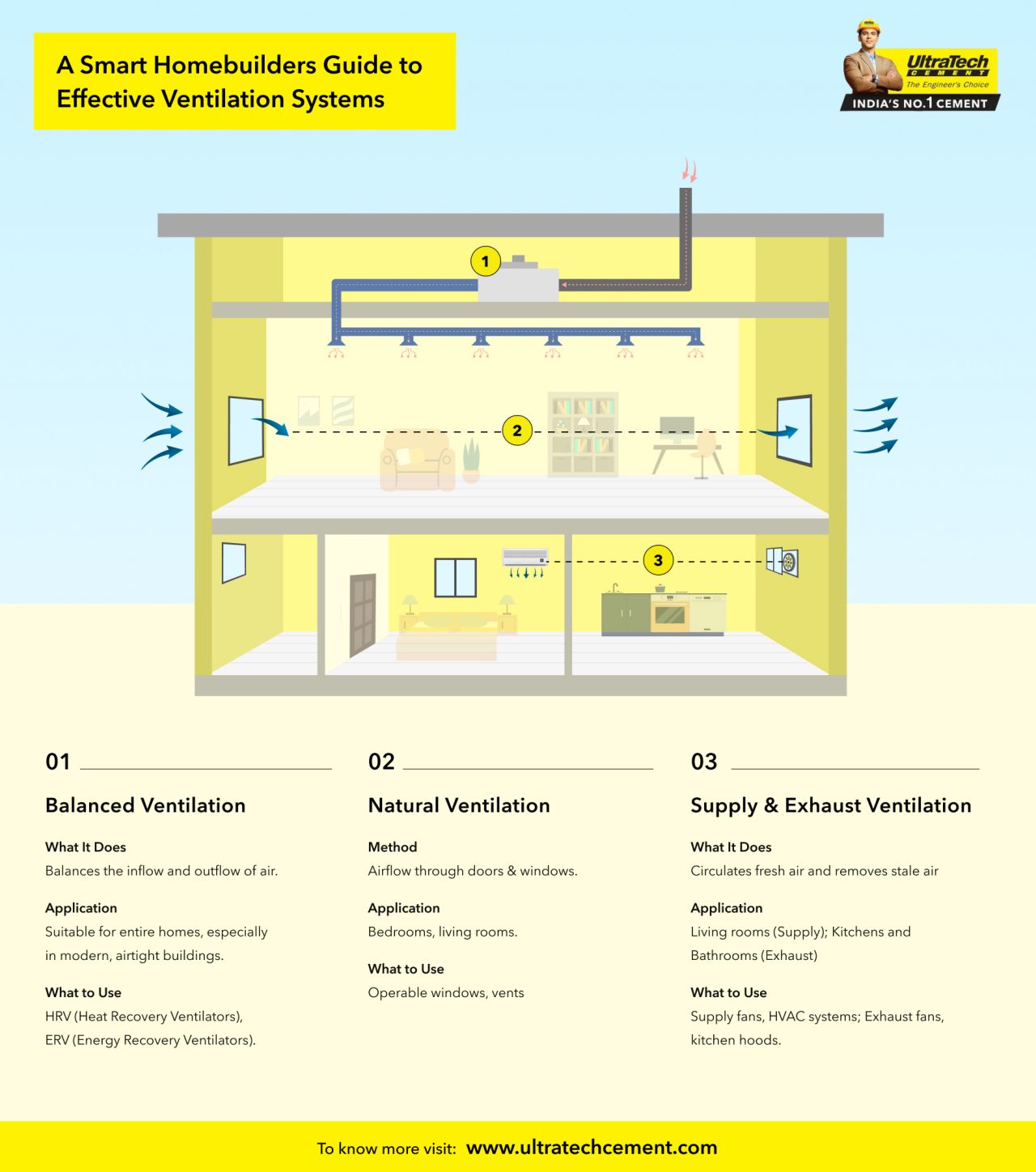The Role of Home Ventilation in Preventing Mold And Mildew and Indoor Allergens
Home air flow is a critical element in maintaining a healthy and balanced interior environment. It manages humidity levels, which can prevent the development of mold and mildew and the build-up of allergens. Lots of homeowners ignore the importance of appropriate air flow, typically leading to hidden concerns. Comprehending just how ventilation systems feature and their effect on air top quality could be the secret to a much healthier living space. What actions can be required to improve these systems effectively?
Comprehending Home Air Flow Systems
While several house owners might overlook the significance of ventilation, comprehending home air flow systems is important for preserving indoor air high quality and preventing mold growth - Home Ventilation Melbourne. These systems assist in the exchange of stagnant interior air with fresh exterior air, properly reducing pollutants and moisture levels. Typical types include natural ventilation, which relies on wind and temperature differences, and mechanical ventilation, which utilizes air ducts and fans to manage air flow. Furthermore, well balanced air flow systems integrate both approaches to enhance air high quality. Appropriately created and preserved air flow systems can assist control temperature level and humidity, making sure a comfy living atmosphere. House owners must think about aspects like home environment, format, and tenancy when selecting a ventilation system to best suit their demands and boost general air top quality
The Impact of Moisture on Mold Development
Moisture plays a vital role in mold and mildew development, making it a crucial variable for property owners to monitor. Mold and mildew thrives in atmospheres where humidity degrees go beyond 60%, as these problems provide the wetness required for spores to sprout and proliferate. High humidity can arise from numerous sources, consisting of poor ventilation, water leakages, and food preparation or bathing activities. When moisture degrees stay raised, mold and mildew can develop quickly on natural materials such as drywall, wood, and fabric. House owners should utilize dehumidifiers and ensure correct air flow in areas prone to wetness, such as basements and shower rooms. Maintaining indoor moisture in between 30% and 50% can greatly decrease the danger of mold and mildew development, adding to a much healthier living setting.
Identifying Typical Indoor Allergens
Indoor atmospheres can nurture a selection of irritants that influence health and comfort. Common indoor allergens include dirt termites, pet dog dander, mold spores, and pollen. Dust mites flourish in bed linen, rugs, and upholstery, eating natural material and adding to respiratory system concerns. Pet dog dander, composed of tiny flakes from skin and fur, can activate allergies in sensitive individuals. Mold and mildew spores, often present in moist locations, can multiply and affect air quality. Furthermore, plant pollen can penetrate homes via open home windows or my review here on apparel. Determining these allergens is vital for maintaining a healthy and balanced interior atmosphere. Awareness of their presence permits home owners to take proactive measures to decrease direct exposure and improve overall interior air high quality.
Benefits of Correct Ventilation
Proper air flow is essential for preserving a healthy interior environment, as it aids to control air quality and minimize the buildup of toxins. Appropriate airflow promotes the exchange of outside and interior air, consequently weakening damaging substances such as unstable organic compounds, irritants, and dust. This procedure not just enhances comfort but additionally adds to the overall wellness of occupants by lessening respiratory problems (Home Ventilation Melbourne). Moreover, correct air flow successfully manages moisture degrees, decreasing the chance of mold growth and cultivating a drier environment favorable to health. In addition, it can improve energy effectiveness by ensuring that heating & cooling systems operate better, leading to lower energy costs. Generally, appropriate air flow is a vital element in advertising a healthy and balanced and safe space

Tips for Improving Home Air Flow
Several homeowners may ignore it, enhancing home air flow is necessary for improving air high quality and avoiding mold growth. One effective approach is to routinely open home windows to advertise cross-ventilation, enabling fresh air to distribute. Installing exhaust followers in bathroom and kitchens can efficiently remove moisture-laden air, lowering moisture levels. Homeowners should additionally consider using air cleansers with HEPA filters to catch contaminants and allergens. Regularly keeping a/c systems, including transforming filters, assurances peak air movement and effectiveness. Sealing leakages around windows and doors can stop outside air from getting in, which assists maintain a regular interior setting. Finally, including houseplants can naturally boost air quality while adding visual worth to the home.
Regularly Asked Inquiries
How Often Should I Clean My Home Ventilation System?
Determining exactly how often to clean up a home air flow system description depends on various variables, including use and ecological conditions. Home Ventilation Melbourne. Usually, experts recommend an extensive cleansing every three to 5 years to preserve perfect air movement and performance
Can Plants Help In Reducing Indoor Allergens?
Research indicates that certain interior plants might assist reduce irritants by improving air high quality and raising moisture. However, their performance differs, and keeping a clean atmosphere stays crucial for managing interior allergens efficiently.
What Sorts Of Air Filters Are Ideal for Mold And Mildew Prevention?

Are There Certain Air Flow Requirements for Cellars?

Exactly how Do I Know if My Air Flow Is Working Successfully?
To establish efficient air flow, one should monitor humidity levels, examine air flow via vents, and observe signs of condensation or stagnant air. Normal assessments can suggest whether the system sufficiently distributes and exchanges indoor air.
Recognizing just how air flow systems function and their impact on air top quality can be the secret to a much healthier living room. While several house owners might overlook the relevance of air flow, understanding home air flow systems is crucial for keeping interior air quality and stopping mold development. Common kinds include all-natural air flow, which depends on wind and temperature level differences, and mechanical air flow, which makes use of fans and air ducts to regulate airflow. Appropriate air flow is crucial for preserving a healthy and balanced interior setting, as it aids to control air quality and lower the buildup of toxins. Lots of property owners might forget it, improving home air flow is essential for boosting air top quality and preventing mold and mildew growth.